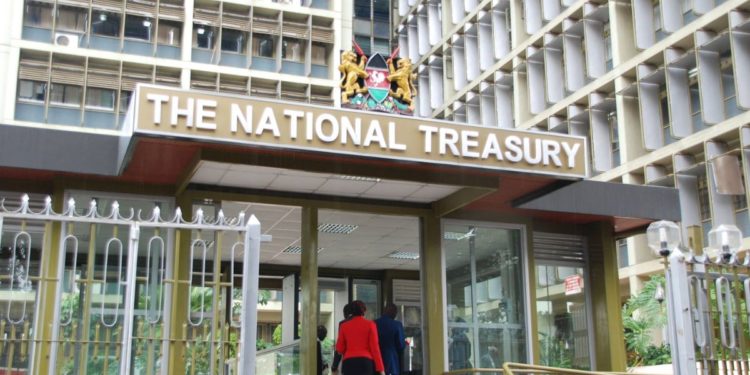In the last fiscal year 2023-2024, the Kenyan government spent Kshs 3.6 trillion to address the needs of its citizens, reflecting a notable increase from Kshs 3.2 trillion spent during the same period in 2022-2023 fiscal year. This 10.7% rise highlights growing expenditure on critical services and infrastructure, driven by rising demand and inflationary pressures.
Government spending is a vital tool for fostering economic growth, providing essential services, and addressing socioeconomic challenges. In the last fiscal year, Kenya’s total government spending exceeded its revenue collection and resulted in a budget deficit. This trend mirrors global practices, where deficits are often used to support key initiatives during challenging economic times.
Funding for government spending in Kenya comes primarily from tax revenues and borrowing. Taxes contribute significantly to financing mandatory and discretionary spending. Mandatory spending—guided by pre-existing laws—includes areas such as pension disbursements, subsidies, and healthcare programs. Discretionary spending, on the other hand, is approved annually by Parliament and includes funding for education, infrastructure development, and defense.
Debt servicing remains a growing concern in Kenya’s budget. Total interest payments on public debt accounted for approximately 33.8% of total revenue in 2023, reflecting the country’s rising debt burden. As Kenya continues borrowing to finance development projects, the cost of servicing this debt poses challenges for fiscal sustainability.
Spending trends also reveal the government’s prioritization of social welfare and economic growth. For example, significant allocations are directed toward education, healthcare, and infrastructure.These investments are crucial for long-term growth and poverty reduction but require careful balancing to avoid unsustainable debt accumulation.
Kenya’s fiscal policy, like that of other nations, must balance the pressing need to stimulate economic activity and improve livelihoods with the imperative to ensure long-term financial stability. Strategic investments, coupled with effective revenue collection and prudent debt management, are essential for achieving this balance. As spending continues to rise, enhanced transparency and efficiency will remain key to ensuring funds effectively address Kenya’s developmental goals.















